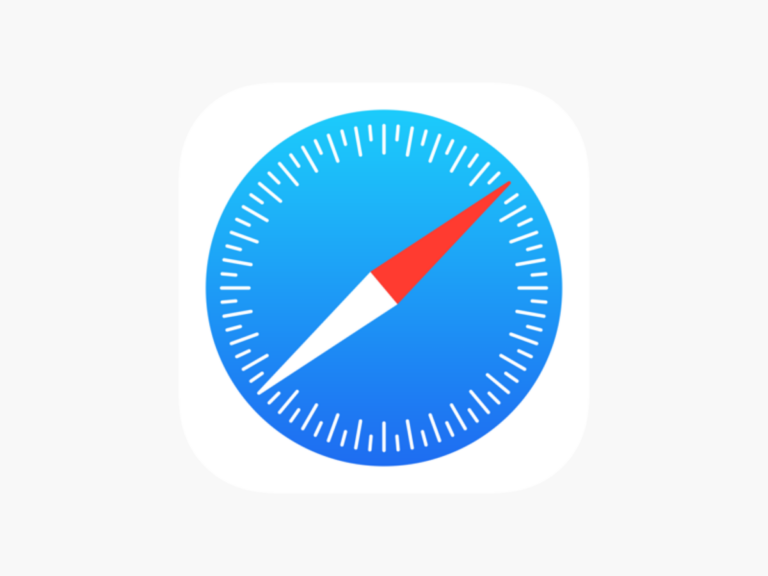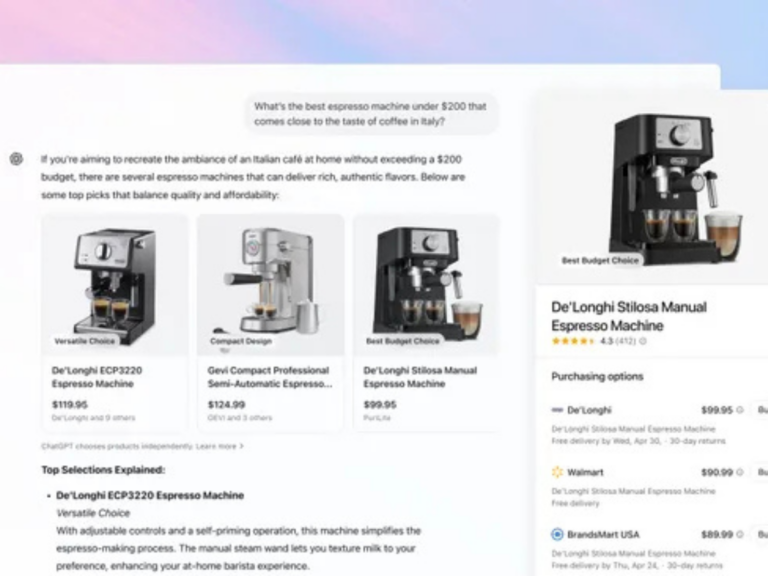Many SEOs will tell you that traffic is a vanity metric. Whether that is true or not is a moot point. As Kelis said best, “My milkshake brings all the boys to the yard, and they’re like, it’s better than yours.” Were the boys buying milkshakes on that hot summer day? Maybe. Maybe not. But we all know that they’ll be back when they do want a milkshake. Why? Because it’s better than the competitors’ milkshakes.
But how do you make that perfect milkshake that will bring everybody to the yard? We have 6 strategies below that might just do the trick. Starting from the most basic SEO fundamentals and moving into higher-level concepts.
1. Conduct thorough keyword research
Before you write one sentence of copy to put on your website, you should conduct thorough keyword research. It’s the cornerstone of any successful on-page SEO strategy. But keyword research alone won’t bring organic traffic to your website.
When choosing your keywords, choose a good mix of high-volume, short-tail keywords and lower-volume, long-tail keywords. This combination can help you gain traction on keywords that are easier to rank for while you work toward those Big Money keywords.
Every page on your website should have 1-3 target keywords, and you should have thorough enough keyword research that the targeted keywords do not overlap. If you can’t think of two different keywords to assign to a page, consider combining those pages into one or else risk keyword cannibalization.
2. Optimize your metadata
You’ve got your list of keywords – your “milkshake” if you will. Now it’s time to put them to good use. Optimizing your meta title and meta description is a key factor in bringing the boys to the yard.
When optimizing your metadata, be sure to follow best practices when it comes to length and keyword usage. This includes using your target keyword that we discussed in step one within your meta title, as well as your keyword or a variation in your meta description. Your goal here is to show both Google and the searcher that your result is relevant.
We go over this in-depth in our blog about how to improve SEO on Shopify, and the same rules apply across platforms. And our organic listing preview tool can help you ensure that your metadata won’t be truncated in a search result.
3. Create thorough and authoritative content
With Google’s recent helpful content update, fluff is out (as it has been for over a decade) and helpful, people-first content is in (again, really nothing new here). While we hope you’ve been creating content for people and not just for Google this whole time, it’s more important than ever to continue to make your content relevant, thorough, and authoritative.
Whenever you create fresh content, be it a blog or a landing page, follow the same keyword advice as above. Have your target keyword, and ensure that you aren’t cannibalizing other content on your website.
4. Leverage internal links
Now is where we really get into the fun part. Having a keyword plan, using your keyword in your metadata, and writing authoritative content are just the tip of the iceberg when it comes to gaining organic traffic.
Internal linking is a great way to help users navigate your website and find related content. But how does it help bring new organic users to your website?
Every time you link from one page on your website to another, you send a signal to Google about the relevancy of that page. There are a few important strategies to remember when utilizing internal linking.
First, there’s no need to link to the same page more than once on any given page. This is an outdated practice and is unnecessary.
Secondly, when linking to a page, ensure that the anchor text includes the target keyword (or a close variation) of the destination page. This is the signal we were talking about. Using the destination page’s target keyword in the anchor text helps to build that page’s relevancy around the keyword.
Finally, and this hopefully goes without saying, don’t use non-descriptive anchor text. Saying, “Click here to read about our copywriting services,” and linking the word here is a waste of an opportunity to have anchor text about what the destination page is actually about.
5. Acquire backlinks from relevant publications
The absolute best way to acquire backlinks is to follow step number three: creating thorough and authoritative content. You want your content to be so good that you don’t have to ask for backlinks. That said… you can bring the boys to the yard, but you can’t make them post about your milkshake stand on their own websites.
Legitimate backlinks are one of the most elusive things in the SEO realm. They are hard to gain naturally, and incredibly time-consuming to get by asking for them.
That said, good high-quality backlinks are not impossible, just be prepared to work for them. And please, please, please – don’t pay for them.
6. Improve site speed and fix technical errors
Google’s Core Web Vitals, Page Experience Report, and Mobile Usability report and great free tools for getting a good idea of your site’s speed and technical health. Improving your technical SEO can be daunting, and you may require the help of professional SEO services to get it done if you don’t have access to a dev team. While it may feel tedious to constantly be doing behind-the-scenes work to improve your site’s technical health, doing so can help you rank better in search results and bring in more organic traffic.




Hi Laura Furtick, Your strategies are very helpful to increase the traffic in the site. I like your blog and kept it in the Bookmark for future followup. I also produce some organic food in my roof garden.